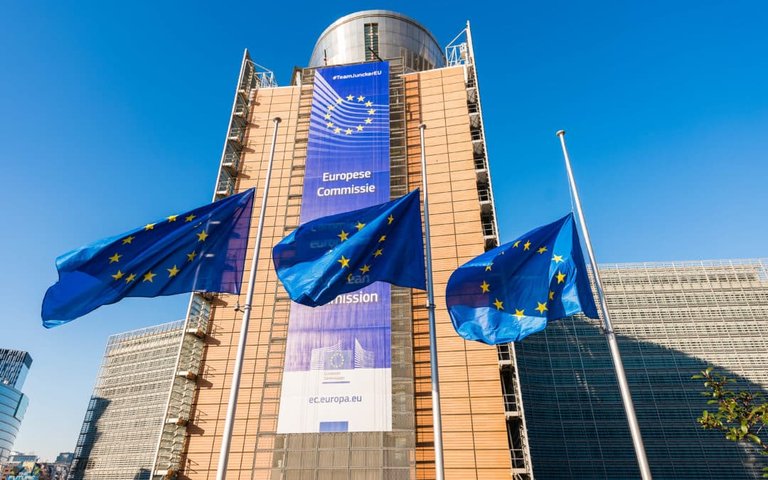An EU decision that could protect most investors.

The European Commission is assessing the DeFi sector and may soon require protocols to obtain a MiCA license. This move comes as the Commission evaluates the decentralized finance (DeFi) sector within the region. According to the Markets in Crypto-Assets (MiCA) framework, the Commission is mandated to prepare a report by December 30, 2024, evaluating the DeFi market and the feasibility of specific regulations for the sector.
"In preparation for this report, we have initiated a series of actions. For example, we are conducting a study on embedded supervision. No policy decisions have been made yet," a Commission spokesperson told Cointelegraph. The report aims to explore how decentralized systems, especially those without a clear issuer or service provider, should be regulated.
DeFi represents a shift from traditional centralized financial systems to peer-to-peer finance supported by decentralized technologies built on blockchain. While traditional financial laws often rely on regulation of central entities such as banks or financial service providers, decentralized systems operate without such intermediaries.

The potential new regulations have raised concerns about the legal feasibility of some crypto projects. Rune Christensen, co-founder of MakerDAO, highlighted that the rules could subject some DeFi interfaces, such as decentralized exchanges, to licensing requirements.
Along similar lines, Nathan Catania, partner at XReg Consulting, believes that any DeFi regulation would apply to all applications that are not fully decentralized, including DeFi frontends. According to Catania, the MiCA regulation does not define what constitutes decentralization, and the extension of DeFi rules will depend significantly on the criteria used to determine the concept.
According to the MiCA regulation, a Crypto-Asset Service Provider (CASP) is an entity that provides third parties with services related to digital assets, including exchange services, transfer services, and custody wallets.

Another possible avenue for DeFi regulation could be through the Financial Action Task Force (FATF). According to Coinchange's Galash, the FATF proposes that individuals or entities that maintain control or significant influence over DeFi agreements may be classified as Virtual Asset Service Providers (VASPs) in certain scenarios.
Based on data from DefiLlama, the total value locked (TVL) in DeFi protocols has seen a substantial increase in the last four years, growing from $570 million in April 2020 to $96.7 billion at the time of writing, marking a growth of 16,865%.
It'll be interesting to see if they try to enforce their rules outside the EU's area of jurisdiction, or block DeFi operations originating from outside the EU. Assuming they can work out where a DeFi business is based, of course.
I understand where they are coming from; protecting consumers is important. But too often I've seen legislation like this used as a tool to control innovative businesses and prevent them becoming competition to the established corporations (the ones that donate big money to governments to write rules that stamp out potential competitors before they get too big...)
That's absolutely a tool to control "free-zones". Interests about CBDCs have to be defended and legislation will simply follow